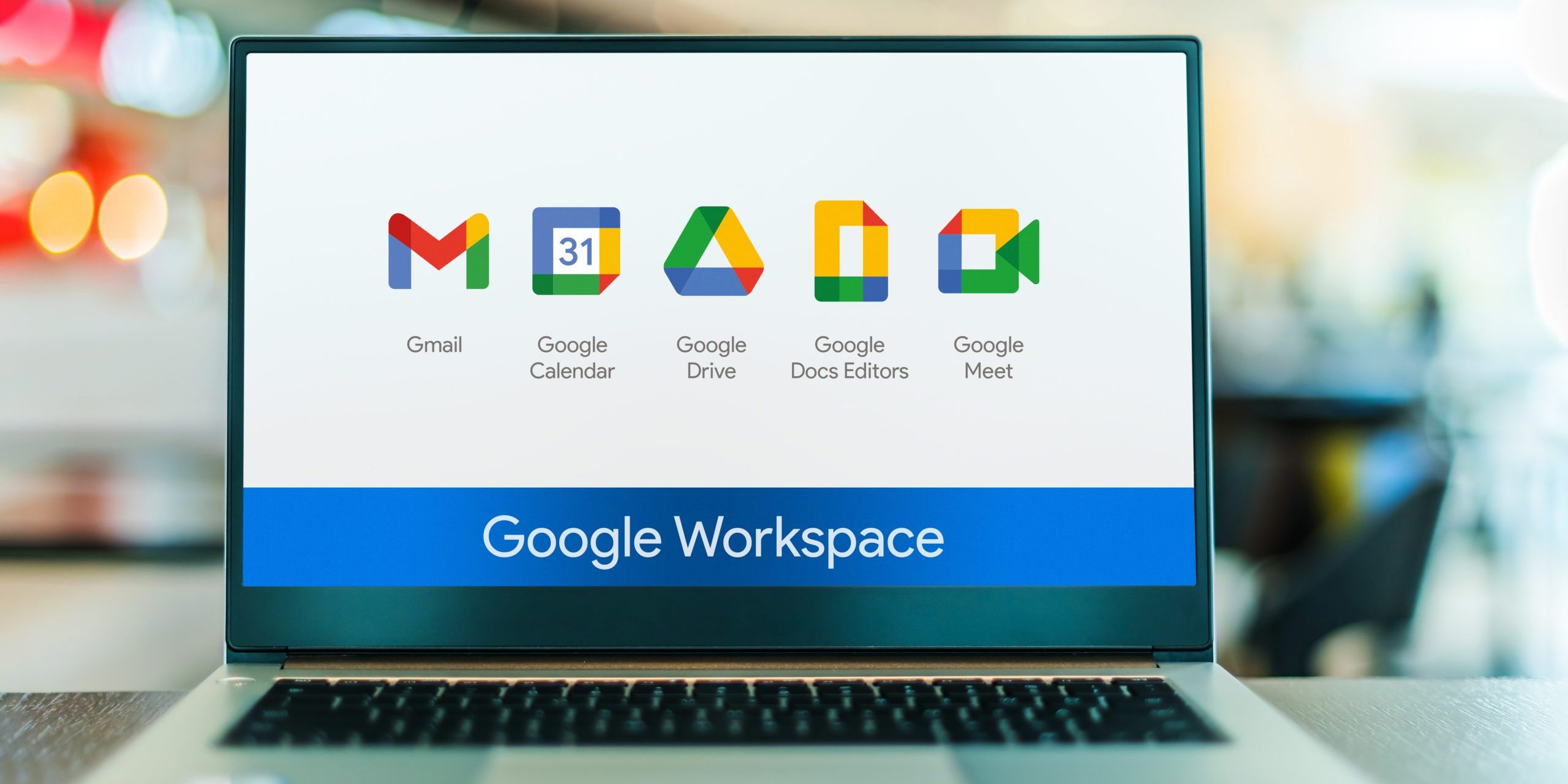Google Workspace vs Microsoft 365: A Feature Comparison
Which cloud-based productivity suite is better for your business?
Cloud-based productivity suites have become essential tools for many businesses, especially in the era of remote work and collaboration. Two of the most popular options are Google Workspace and Microsoft 365, both offering a range of applications and services for communication, document creation, file storage, and more. But how do they compare in terms of features, functionality, and pricing? In this blog post, we will look at some of the key differences and similarities between the two products, and help you decide which one is best for your needs.
Applications and Services
Both Google Workspace and Microsoft 365 offer a core set of applications and services that cover the basic needs of most businesses. These include email, calendar, word processing, spreadsheet, presentation, video conferencing, cloud storage, and collaboration tools. However, there are also some differences in the specific applications and services that each product offers, as well as the quality and compatibility of each one. Here is a chart that summarizes the main applications and services of each product, and how they compare to each other.
| Application/Service | Google Workspace | Microsoft 365 |
| Gmail | Outlook | |
| Calendar | Google Calendar | Outlook Calendar |
| Word Processing | Google Docs | Word |
| Spreadsheet | Google Sheets | Excel |
| Presentation | Google Slides | PowerPoint |
| Video Conferencing | Google Meet | Teams |
| Cloud Storage | Google Drive | OneDrive |
| Collaboration Tools | Google Chat, Google Workspace, Google Forms, Google Sites, Google Keep, Google Jamboard | Teams, SharePoint, OneNote, Forms, Sway, Planner, Whiteboard |
| Other Applications/Services | Google Voice, Google Workspace Marketplace, Google Cloud Search, Google Workspace Add-ons | Outlook Tasks, Outlook Contacts, Outlook Groups, Outlook Customer Manager, Bookings, Stream, Power Automate, Power Apps, Power BI, MyAnalytics, Yammer, Dynamics 365, Azure |
As you can see, both products offer a comprehensive suite of applications and services, but there are some differences in the scope and quality of each one. For example, Google Workspace tends to have simpler and more user-friendly interfaces, while Microsoft 365 tends to have more advanced and customizable features. Google Workspace also has better integration with other Google products and services, such as Google Search, Google Maps, Google Photos, and YouTube, while Microsoft 365 has better integration with other Microsoft products and services, such as Windows, Office, Skype, and LinkedIn. Google Workspace also has better compatibility with web browsers and mobile devices, while Microsoft 365 has better compatibility with desktop applications and Windows devices.
Google Workspace is often where many companies start because of their familiarity with the interface. Google Workspace works for smaller teams, but the Microsoft solution is much more efficient for companies especially once they grow past a handful of employees.
When it comes to security, Microsoft has a more robust security offering. Microsoft Defender, Data-Loss Prevention Protection, and Microsoft Sentinel are some of the available cyber security addons.
Pricing
Another important factor to consider when comparing Google Workspace and Microsoft 365 is the pricing. Both products offer different plans and pricing options for different types of users and businesses, depending on the number of users, the amount of storage, the level of support, and the features included. Here is a chart that summarizes the main plans and pricing options of each product, and how they compare to each other.
| Plan | Google Workspace | Microsoft 365 |
| Basic | $6 per user per month, 30 GB of storage per user, standard support, core applications and services | $5 per user per month, 1 TB of storage per user, standard support, core applications and services, web and mobile versions of Office apps |
| Business | $12 per user per month, unlimited storage per user, enhanced support, core applications and services, additional applications and services, advanced security and management features | $12.50 per user per month, 1 TB of storage per user, standard support, core applications and services, additional applications and services, advanced security and management features, desktop versions of Office apps |
| Enterprise | $18 per user per month, unlimited storage per user, premium support, core applications and services, additional applications and services, advanced security and management features, enterprise-grade features | $20 per user per month, unlimited storage per user, premium support, core applications and services, additional applications and services, advanced security and management features, enterprise-grade features, desktop versions of Office apps |
As you can see, both products offer similar pricing options, but there are some differences in the value and features of each one. For example, Google Workspace offers more storage per user, while Microsoft 365 offers desktop versions of Office apps. Google Workspace also offers a cheaper basic plan, while Microsoft 365 offers a cheaper enterprise plan. Google Workspace also offers more flexibility and scalability, as you can add or remove users and features as needed, while Microsoft 365 requires a minimum of one year commitment and a fixed number of users and features.
Google Workspace and Microsoft 365 are both powerful and popular cloud-based productivity suites that offer a range of applications and services for businesses of all sizes and needs. However, there are also some differences and trade-offs between the two products, depending on the features, functionality, compatibility, and pricing that you are looking for. Ultimately, the best choice for your business will depend on your specific preferences, requirements, and budget. To help you make an informed decision, we recommend that you consult your MSP or IT provider.
If you are unsure of which cloud ecosystem may be right for your business, schedule a free consultation to discuss your needs with one of our experts here: https://bit.ly/3FUdeJo







